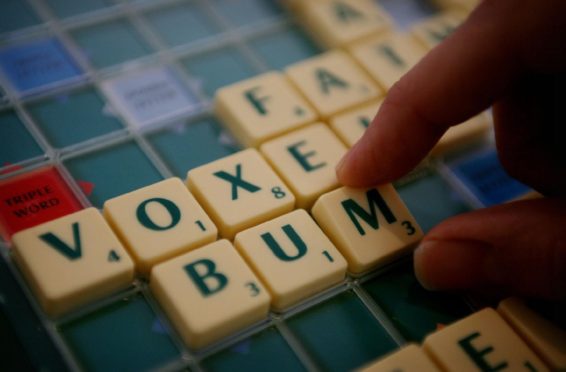Even as adults many of us still silently chant ‘I before E except after C,’ but even primary school rhymes can’t always save us from the ’embarrassing’ pit falls of the English language’s most troublesome words to ‘manoeuvre’ around.
With more than 24,000 online searches every month for “how to spell” it’s clear to see that spelling can be a tricky business for Brits.
And now those words most commonly misspelled on the search engine, including ‘diarrhoea’, ‘manoeuvre’, ‘separate’ and ‘potato’, have been revealed.
According to research from UK training company The Knowledge Academy, ‘diarrhoea’ tops the list of words people which most commonly trip people up.
Proving it’s neither fun to experience or spell, it had a whopping 189,000 failed Google searches, with 171,000 of those believing it should read ‘diarrea’.
Second on the list was separate. There were 91,000 Google searches for ‘seperate’ in the last month alone.
Zucchini also proved troublesome, with 58,600 Google searches for that in the past month.
Most who got it wrong, around 36,000 people, typed in ‘zuchini’, although 21,000 more plumped for ‘zuccini’ and 1,600 thought it was ‘zucini’.
Continuing the trend of troublesome foodstuffs are potatoes, with the research finding 48,000 people in the last month searched for “potatoe”.
Definitely placed sixth on the list of words people have misspelt, with over 22,800 failed attempts to spell the word right on Google.
The study found ‘definatly’ and “definitley” were tapped in 17,000 times and 5,800 times respectively.
That’s nothing to be embarrassed about, though. For coming a close seventh was the 15,300 searches for the incorrect spelling of ’embarass’.
A whopping 12,500 wrong attempts at spelling conscience were made too, with erroneous variations including ‘consience’ and ‘consciense’.
Manoeuvre proved difficult for 4,300 would-be spelling bees and bureaucracy proved as tricky to spell as to understand, with 3,900 wrong attempts, to do so.
The most popular wrongly spelt variations include ‘bureacracy’, ‘bureuacracy’ and ‘buraecracy’.
